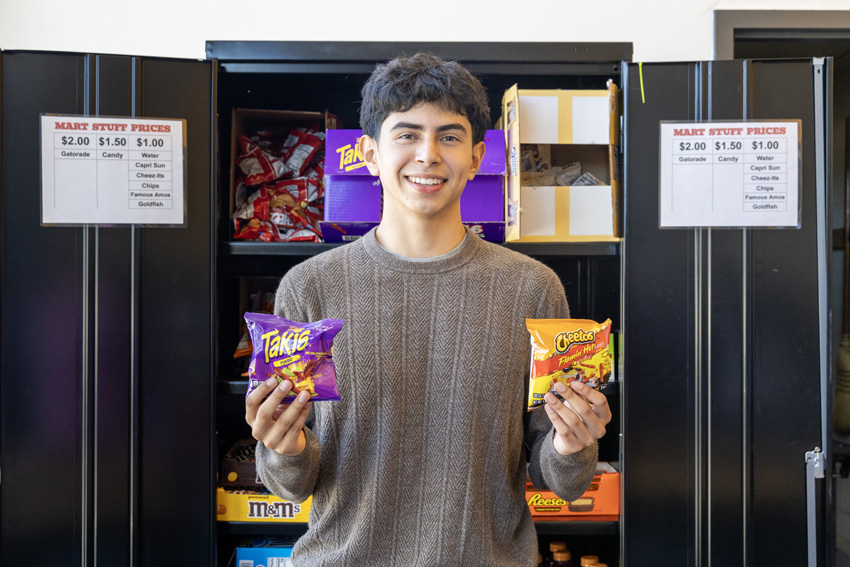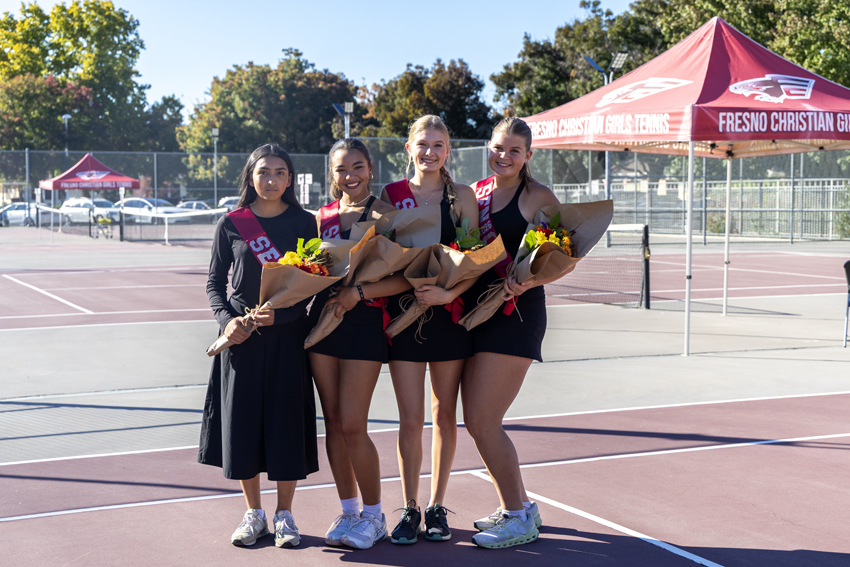It’s 10:30 p.m. when tears stream down the face of a frustrated third-grader. She says to her father, “Daddy I can?t do this! I?ll never understand math; I never want to go to school again.” Sniffling, the father embraces her and assures her times tables are possible if she just keeps trying. This long, stressful process continues weekly for nearly three years.
As you may have guessed, this girl was once me. For my entire life, I have struggled immensely with a learning disability. Reading was always difficult, math was a nightmare and comprehending a lesson took longer than most of the other kids in my classes.
I can recall numerous times when I was ridiculed for asking the teacher “too many” questions. In the third grade, I finally reached a point of desperation. I felt lost, alone and stressed to the point of emotional chaos.
However, when I had begun third grade, it came to my attention that there was a program on campus that focused on helping people who have minds like mine.
My encounter with the program took place the same year. I can recall walking into the Peoples Church gym for an assembly. There was a large projector and a sweet, funny and enthusiastic brunette woman high-fiving almost every child that walked in the door.
As we took our seats, the woman began to put up pictures of what looked like a normal paper with writing on it; however, the words were jumbled and backwards. She described this to us as one of many learning disabilities that was found among kids our age, dyslexia.
However, as the presentation went on, I continued to giggle with my friends, slap the boys behind me and pay little attention ? until something caught my ear.
The woman began to speak and give examples of a learning disorder called Attention Deficit Disorder (ADD). I listened closely as she listed numerous symptoms of this disability, including difficulty paying attention, slower learning, comprehension trouble, frustration and low grades in most cases. ?This is me,? I realized.
Within the month, I took the step to join a program that I consider what has made me who I am today. This program was called Discovery.
On my first day, I recall shaking on my way into the library out of fear. When I arrived, a kind lady with a warm smile, a tutor named Suzana Harlan, greeted me with a hand shake and gentle voice. For the next hour, she proceeded to give me books, games and tools to use that she said would help me in school. I was not too excited about all the work I had to do, but agreed nonetheless.
I spent four years in the program, and after graduating from it in the sixth grade, I still didn?t know if all the time and effort would pay off.
However, today I am a senior, graduating and going off to college. As I receive acceptance letters from Saint Mary?s College and University of San Francisco, I can?t help but ask myself if this would be possible without that kind, enthusiastic lady I met as a child.
The Discovery program has been helping kids with disabilities like mine for 10 years. The program offers assistance with reading, writing, math, spelling, logic and critical thinking. The staff consists of four tutors on this campus and two on the Northeast Campus (for grades K-2) who have all dedicated their work to helping children reach their academic goals to better their future.
The brunette woman to whom I credit my success is Debbie Siebert, once the Discover coordinator and now the Fresno Christian Superintendent. She founded the program 10 years ago, and says she strongly believes in what it has to offer children from kindergarten to 12th grade.
?What makes Discovery so unique from other programs is that, while most programs focus on your strengths to compensate for your weaknesses, Discovery focuses on your weaknesses to strengthen them,” Siebert said.
Siebert’s passion about Discovery stems from her own struggles. When teaching fifth grade, it hurt her greatly that many of her students with learning disabilities had nowhere to go within the school for help.
?When I first started the program, I was teaching the fifth grade while using my lunch break and the music hour to help the first two students I had using the Discovery program,? Siebert said.
Siebert continues to head the program with hopes of future development and impact.
?My dream is to have a project-based program where maybe we would decide to build something like a hovercraft!” Siebert said. “By assigning this project, students would still need to exercise reading skills, writing, math and socials skills like team work ? and, best of all, it would be fun!?
Partially due to Siebert and other Discovery tutors’ help, I firmly believe in the power of this program. I would not be where I am today ? a confident, academically average and determined student ? without it.
For more information, read the Nov. 14 article, LRC speaker shares educational hardships or e-mail Siebert.






Brandon McCormick • Feb 21, 2011 at 12:02 am
Great job, Andrew; keep up the hard work. It’s a blast playing with you and I will miss you next year.